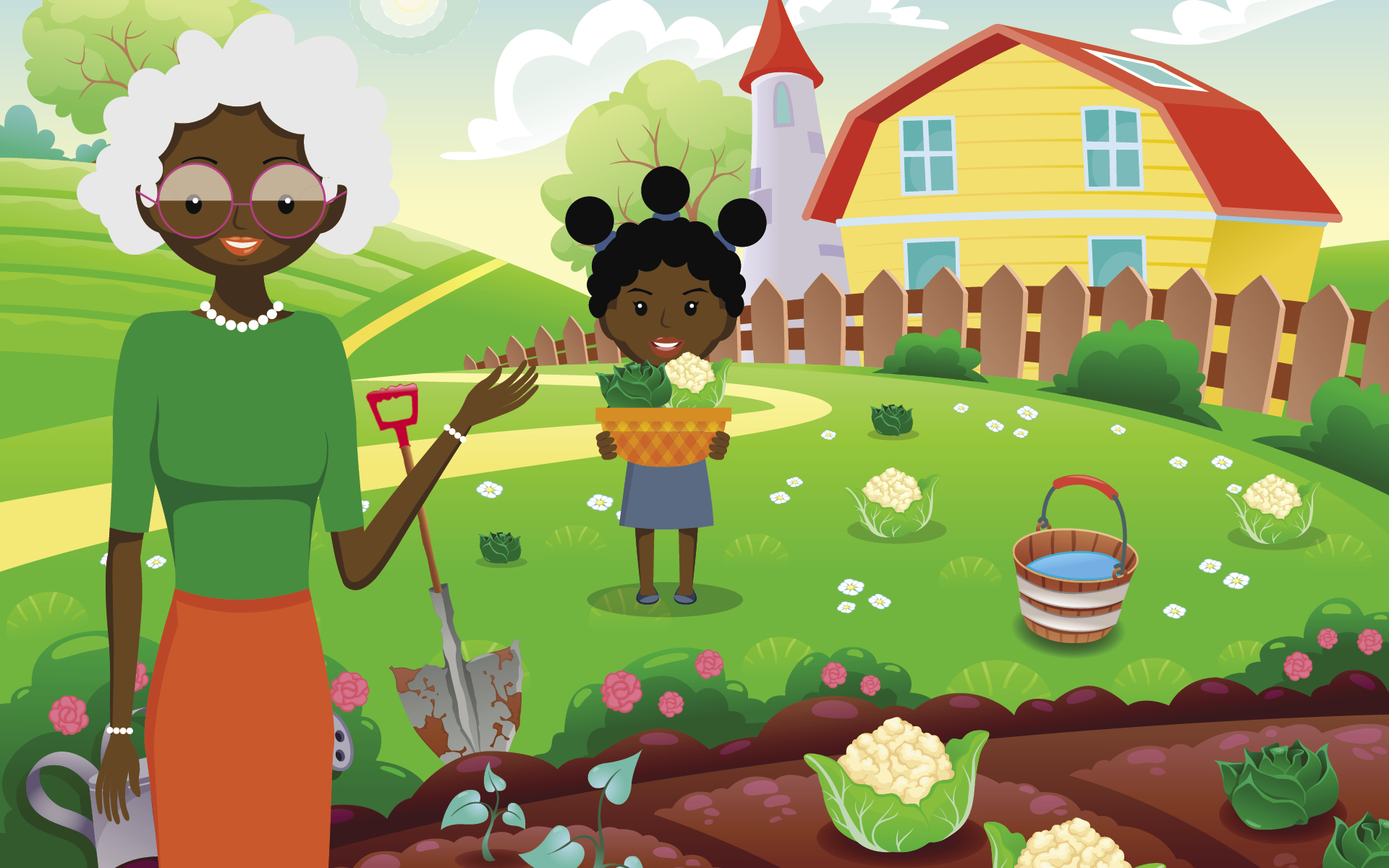 “Sikelela ukudla kwethu,” runs the old saying. Bless our food. On a hilltop in a village in Mpumalanga, a chance encounter with a custodian of the heritage and wisdom inherent in the life-sustaining bounty of nature
“Sikelela ukudla kwethu,” runs the old saying. Bless our food. On a hilltop in a village in Mpumalanga, a chance encounter with a custodian of the heritage and wisdom inherent in the life-sustaining bounty of nature
Atop a hill, near a stream running through a valley, surrounded by never-ending vegetation, I sat with an older woman, let’s call her The Oracle. She was preparing our meal for that afternoon, a humble dish of phuthu pap (crumbed pap) and maas.
The maas was a product of milk she got from her cows which she fermented. This was one of my favourite meals, growing up.
She made this phuthu pap on an open fire with incredible ease. As a young girl growing up in Tembisa, on the East Rand of the City of Gold, I was thoroughly impressed.
I hung on her every word, as she walked me through her life in the village not far from where we were sitting. The hill as well as the surrounding stream and valley were soon to be Umphakatsi (community) eco-village, in Steynsdorp, Mpumalanga. This was a dream The Oracle’s daughter, a dear friend of mine, was bringing to life.
She told me about raising her eight children on a Standard 2 (Grade 4) education level. She walked me through how tough her life was without an education. How she grew her own food, raised her own cattle and made herbal remedies from the natural pharmacy surrounding her when any of her children got sick.
She knew all the plants by their Siswati names. I argued that she knows much more than a lot of city folk, who would be lost without a pharmacy or doctors. She knew how to not just survive but to truly live.
Years later, after meandering through city life as a journalist and digital storyteller, I found a passion for growing my own food, and later through selling produce and educating people about indigenous food and sustainability.
This time, the seed was planted by a permaculture farmer from a village in Limpopo. He captured my senses when he told me about how he came to learn about poverty when he came to Joburg looking for a job.
He reminisced about the abundance of food back home in his village. How you would have to watch your step, lest you step on an avocado or mango that fell from a tree.
Through his teachings and from other farmers and herbalists, I am learning about the goodness of vegetables and herbs birthed by nature, with no assistance from the epidurals of fertilisers and pesticides. I’m learning about rearing chickens, free from cages.
Through messengers from other provinces and surrounding countries where organic food and organic farming is a means of life and not just a sticker to make a product more expensive, I am learning about community and the foods that have been a part of our African landscape for ages.
I have loved learning the taste and fibre-rich goodness of KwaZulu-Natal’s amadhumbe, the African potato. I have become so addicted to ground nuts from Venda that I have grown accustomed to cracking their shells until my fingers are raw. The wholesome beans from Mpumalanga and Swaziland and the candy-like sweet potato from neighbouring Mozambique have become my delicacies.
Like the Oracle who taught me and shared her ancient ways, I am learning to not just survive, but to live.

Leave a Reply